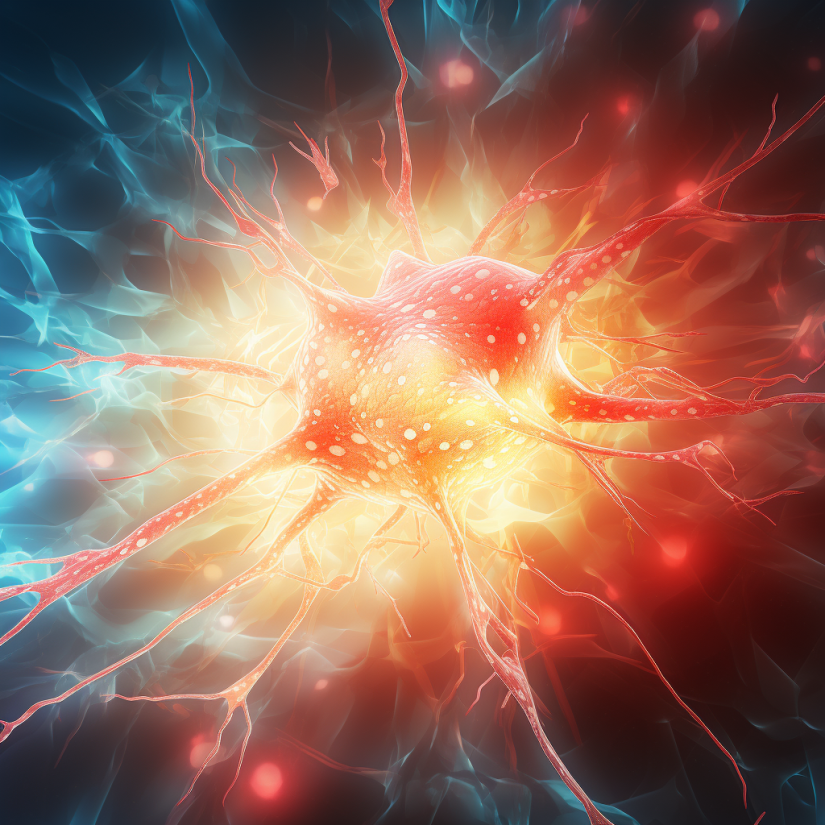Caffeine can potentially affect fibroblast function and activity, although the extent of this relationship and its implications are not yet fully understood. Here’s an overview of how caffeine may relate to fibroblasts:
- Fibroblast Proliferation: Some studies suggest that caffeine can inhibit fibroblast proliferation, which is the process by which fibroblasts reproduce and increase in number. Inhibition of fibroblast proliferation may have implications for wound healing and tissue regeneration.
- Collagen Production: Fibroblasts play a vital role in producing collagen, a key component of connective tissue. Some research suggests that caffeine may interfere with collagen synthesis and reduce collagen production by fibroblasts. This effect could impact the overall structural integrity and health of tissues.
- Extracellular Matrix Remodeling: Fibroblasts are involved in remodeling the extracellular matrix, which provides structural support to tissues. Caffeine has been shown to affect matrix metalloproteinases (MMPs), enzymes involved in extracellular matrix remodeling. This interference may influence the balance between matrix synthesis and degradation.
- Wound Healing: Caffeine has been studied in the context of wound healing, as fibroblasts play a crucial role in this process. Some research suggests that caffeine may delay wound healing by affecting fibroblast activity and collagen synthesis.
It’s important to note that the studies on the relationship between caffeine and fibroblasts are not always consistent, and more research is needed to fully understand the effects. Additionally, the effects of caffeine may vary depending on the concentration used, exposure duration, and specific experimental conditions.
If you have specific concerns about the effects of caffeine on skin fibroblast cells production of new collagen, decaf coffee could be an answer.
Try premium decaf from SENSORY ZERO COFFEE ROASTERS, freshly roasted in Canada (click here)!
Freshly roasted decaf in Hong Kong … order here!

Leave a Reply